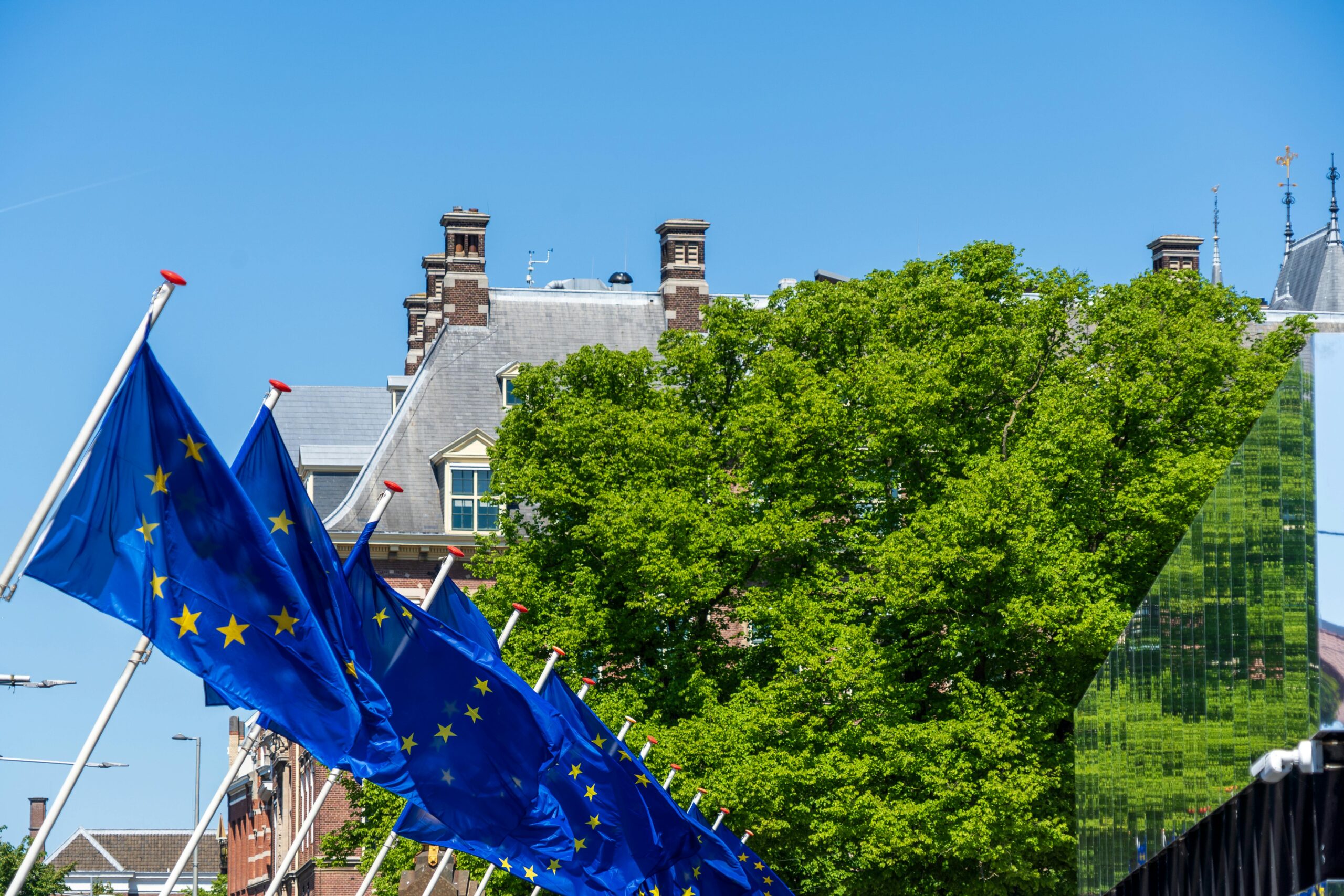On Wednesday, 4 June, the European Commission presented its draft budget for 2026, outlining the EU’s planned expenditure in alignment with its strategic priorities. The budget builds on the mid-term revision of the EU’s long-term budget (2021-2027), ensuring continuity and adaptability in the face of evolving challenges and opportunities.
The 2026 draft budget aims to reinforce ongoing initiatives, including support for Ukraine, competitiveness, migration management, security and defence, strategic investments, and continued support for green and digital transitions.
The total proposed budget consists of €193.26 billion, supported by an additional €105.32 billion estimated under the NextGenerationEU recovery instrument. Key allocations include:
- €22,054.4 billion for the single market, innovation and digital
- €71,726.1 billion for cohesion, resilience, and values
- €56,971.9 billion towards natural resources and environment.
- €5,010.0 billion for migration and border management.
- €2,803.5 billion for security and defence measures.
- €15,505.0 billion for neighbourhood and the world.
In addition to supporting EU strategic priorities, the draft budget allocates new resources under the cohesion mid-term review proposal, which gives Member States the flexibility to reprogramme cohesion funds in response to emerging challenges. These include fostering competitiveness, enhancing defence capabilities, increasing the availability of affordable housing, improving water resilience, and accelerating the energy transition.
The European Commission’s 2026 draft budget reflects a balanced and forward-looking approach, reinforcing resilience while fostering innovation and solidarity across Member States. It highlights the EU’s commitment to strategic autonomy and sustainable development. By aligning financial resources with political priorities, the budget lays the groundwork for a more secure, competitive, and inclusive Europe, capable of adapting to the rapidly changing global landscape.
The annual budget for 2026 will need to be formally adopted by the European Parliament and Council before the end of the year.

